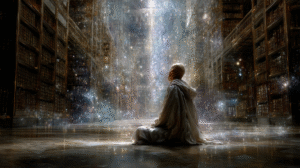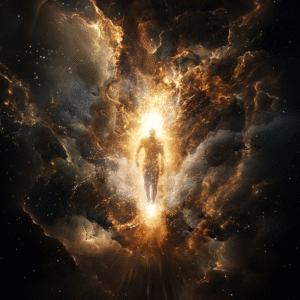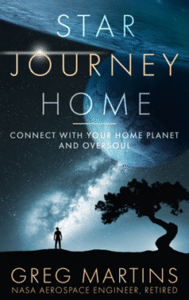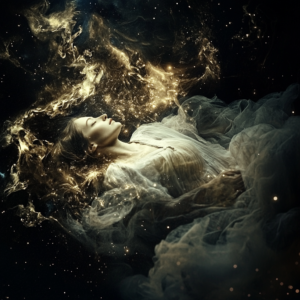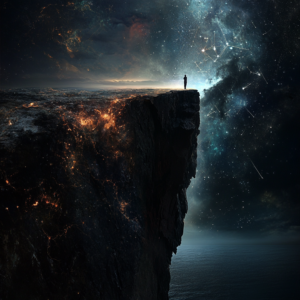Since 2018, I have developed a passion for hearing and reading about other people’s experiences with their past lives. In addition to literature on past lives, I was fascinated by the experiences of everyday individuals and how they perceive these experiences. I joined several Facebook forums in my quest to connect with a diverse range of individuals and their stories.
One aspect that particularly struck me was the commonality of anonymity in sharing these experiences. Many people write anonymously about their past lives, and some admit they have no one else to share their experiences with. Most people experience loneliness and often feel lost, relying on others for support. Some choose not to seek help for fear of judgment, thus silently bearing a burden that is too heavy.
These experiences are noteworthy not because of the individuals’ social positions or the intensity of the experiences themselves. Rarely do you meet people who claim to have been celebrities or to have led impressive lives. Instead, these are typically simple life stories from modest backgrounds in diverse corners of the world. They are deeply emotional for the individuals involved, and often just reading about these memories can reveal their profound impact. These memories frequently include details of how their deaths occurred, and one can often sense a melancholy and regret about unresolved aspects of their past lives, or a longing to be near former family members.
Some individuals later draw connections between their current life’s quirks and fears and the details of their previous lives that they have accessed. There are various reports on how these memories manifest: some experience déjà vu, others have dreams where memories emerge, and some report spontaneous memory recurrences.
What renders this topic taboo, even for those who have experienced memories of previous lives, is the fear of ridicule and the fear of being considered insane by others and themselves. It is a confrontation with oneself, with what one represents, and with what one aspires to become. It is a creative and transformative obsession that sets you on a path where you will cease to be yourself as you know yourself. Or, to quote Edgar Allan Poe:
“Men have called me mad; but the question is not yet settled, whether madness is or is not the loftiest intelligence—whether much that is glorious—whether all that is profound—does not spring from disease of thought—from moods of mind exalted at the expense of the general intellect.”



